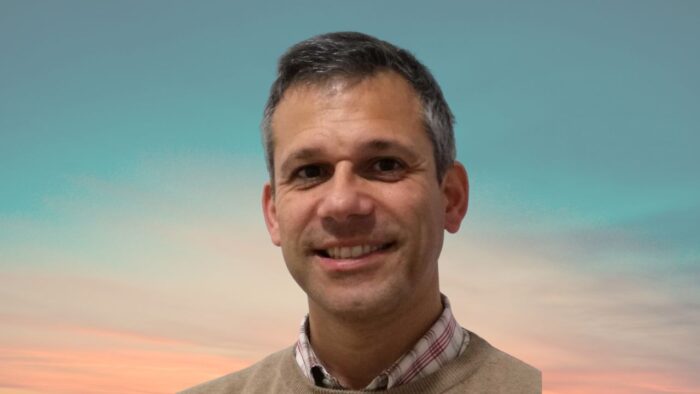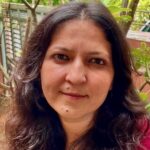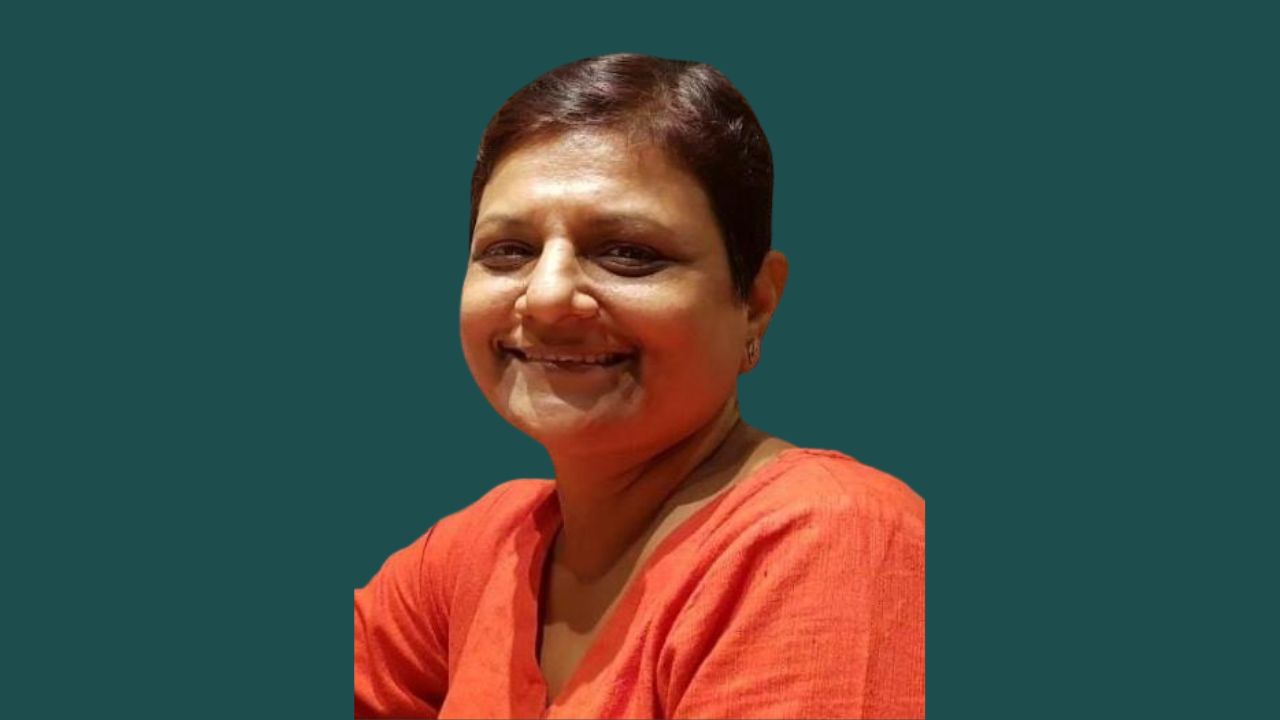Dr Paulo Meira is the Professor of Ayurveda & Sanskrit at the University of Lisbon. He is also an Ayurvedic Practitioner offering consultations in Lisbon and Torres Vedras (Portugal). His Ph.D. in Sanskrit (Ayurveda) is from the Tilak Maharashtra University (Pune, India) and he completed the Ayurvedic Medicine Course, later specialising in Ayurvedic Dietetics and Nutrition. He is a researcher in the area of ayurvedic plants (Dravyaguna) and also of Ayurveda in the treatise of Garcia de Orta. He’s the author of several articles and books, and he is a speaker at several international conferences. He has been doing Yoga regularly since 1999.
The Center for Ayurveda Studies recently hosted an AYUSH Talks session with Dr Meira and this interview is an extension of the in-depth knowledge that Dr Paulo so generously shares — Ayurveda and Sanskrit are his life’s work and passion…
Sophia: What inspired you to study Sanskrit and Ayurveda?
Dr Paulo: My interest in Sanskrit and Ayurveda goes back to the beginning of my Yoga practice. I was so fascinated that I felt the need to know the sources from which all this knowledge sprang and, for that, I felt the need to learn Sanskrit because, as it is known, Yoga texts (and Ayurveda) are written in that language. At the same time, I felt an enormous need to maintain and enhance my health and, if possible, to use this knowledge to help others. And then, the study of Ayurveda naturally arose because it has an intrinsic connection to Yoga.
Sophia: Why is it important to integrate Ayurveda with a yoga practice and lifestyle?
Dr Paulo: I think that Ayurveda and Yoga have a very strong connection and help each other to boost the individual's abilities. And, this must be done daily. Ayurveda even advocates a daily routine in which it gives a set of indications (what time to get up, what to eat, and so on), and the yoga practices which can and should be included. So, the goal is that the person has maximum energy and well-being in order to have a long and healthy life that allows them to fulfil their spiritual goals and beyond. That's what I try to do on a daily basis. For the Yoga practitioner, Ayurveda can help a lot, eliminating their problems that make it impossible to improve their practice. Let's take, for example, a person who has rhinitis and wants to deepen his prāṇāyāma practice. So, you can turn to Ayurveda to eliminate this imbalance and thus, do an adequate practice. Ayurveda can also help with many other health issues.
Sophia: Tell us about your work researching Ayurvedic plants? Is this for medicinal purposes?
Dr Paulo: My research work consists of identifying the Portuguese plants that are described in ten main Ayurvedic treatises to compare their properties, effects and applications. Later, I will make a comparison between what Portuguese traditional medicine says and what Ayurveda refers to. And it is so interesting to see the number of plants that exist in Portugal and which are also Ayurvedic. I myself have heard comments like “Ah, that plant doesn’t exist in Portugal” for years. But now I can say, “That’s not true. Yes, it does”. And, yes, we can use it for medicinal purposes, of course. At the same time, I’m looking for references to the various plants in the work of Garcia de Orta (16th century), which is probably the first medical-botanical treatise in which Ayurveda is mentioned and which marks the foundations between Portugal and India with regard to Ayurveda. It was always believed that there was no historical relationship between Portugal and India with regard to Ayurveda, which now we’re seeing is not true.
Sophia: Who are your mentors and inspirations?
Dr Paulo: I've had some inspiring teachers but I'd like to highlight Dr. Ghanashyam Marda who taught and guided me in the real and authentic path of Ayurveda for more than 15 years, always bearing in mind the teachings of the great Ayurvedic sages. In particular, the authors of Ayurvedic treatises like Vāgbhaṭa, Caraka, Bhāvamiśra are a real inspiration. When I have doubts or want to know more about a topic, I go to them.
Sophia: What does India mean to you?
Dr Paulo: I feel a strong connection with India, namely with Indian knowledge systems, which are so vast and so deep. I'm talking specifically about Ayurveda, Yoga, Sanskrit and, more recently, Indian classical music. All this is part of my daily life. In this way, I get to know myself and others better. Consequently, I can be more tolerant, more helpful and reach my spiritual goals. I also think the geography, the culture, the food and the people are excellent. Sometimes, I daydream and travel back in time in my mind and revisit India. For me, it means love and freedom.
Sophia: With yoga and Ayurveda now being recognised and practised globally, how do you maintain authentic teachings and find an authentic teacher?
Dr Paulo: I think my quest has always been to go to the source and drink from it. That's why I defend that the true teachings are found in the treatises. If we connect more and more with them using the Sanskrit language as much as possible, and with those who use them regularly, then we will not lose the essence of Ayurveda nor the connection to the authentic teachings. On the contrary, it will increasingly strengthen this connection.
Sophia: What are some of your favourite books on Ayurveda/spirituality?
Dr Paulo: Well, I come back to the treatises again: Aṣṭāṅgahṛdaya, Caraka Saṃhitā, Bhāvaprakāśa and also the Bhagavadgītā.
Sophia: What is your advice to young students and spiritual aspirants who want to study Ayurveda?
Dr Paulo: The study of Ayurveda is something quite serious and time consuming. These days, people are carried away by fads and trends, there’s a myriad of unofficial training courses available online. Thus, I would advise the student to choose a long training course in which there is a constant presence of treatises, the Sanskrit language and experienced teachers. Or he can find a mentor and study with him as much as possible. However, if you want to know just for yourself, then you could choose one of the treatises with which you feel a greater affinity and study it more deeply. And be aware that the study of Ayurveda will accompany you for many, many years to come.
Dr Paulo recently conducted an AYUSH Talks session for the Center for Ayurveda Studies…





